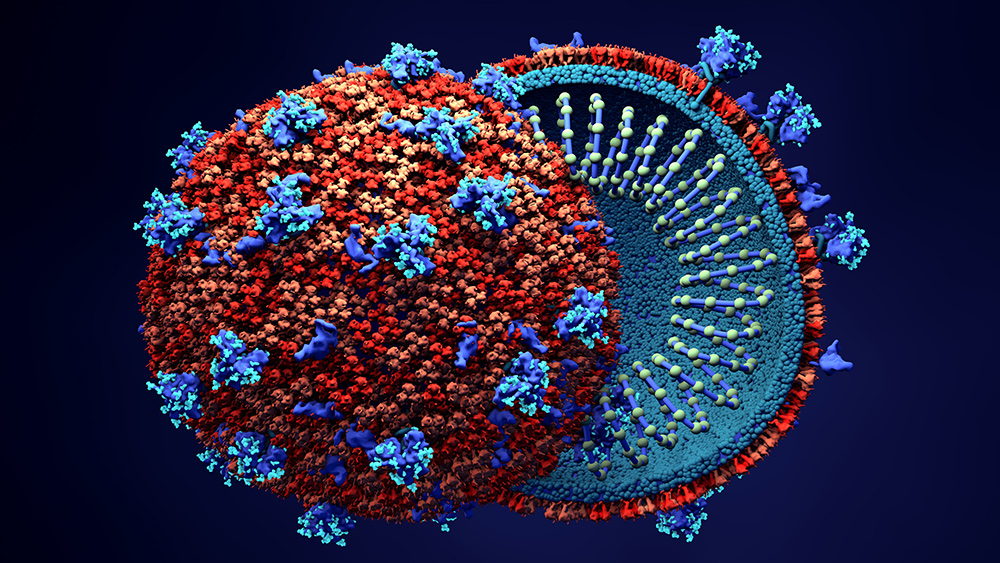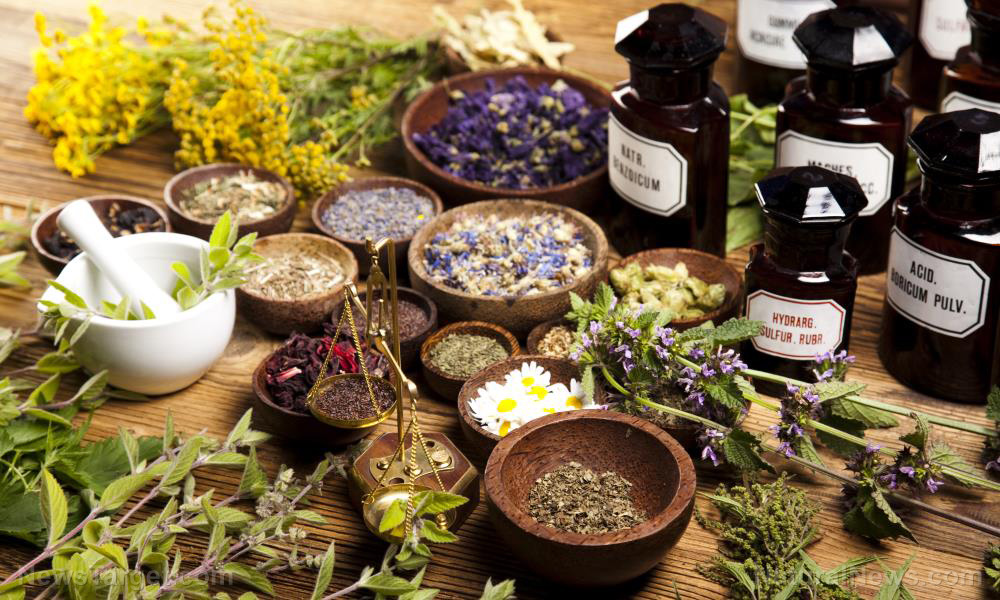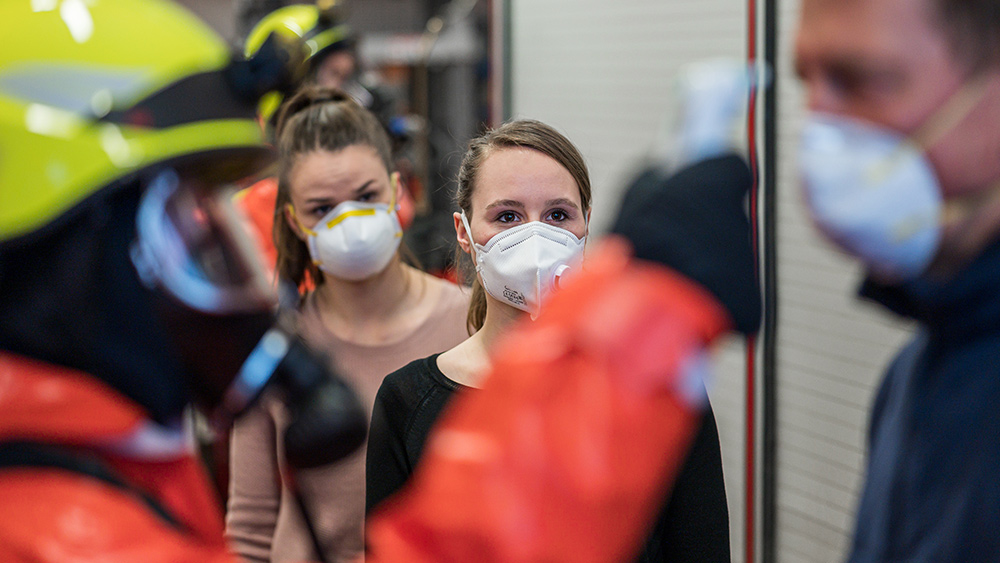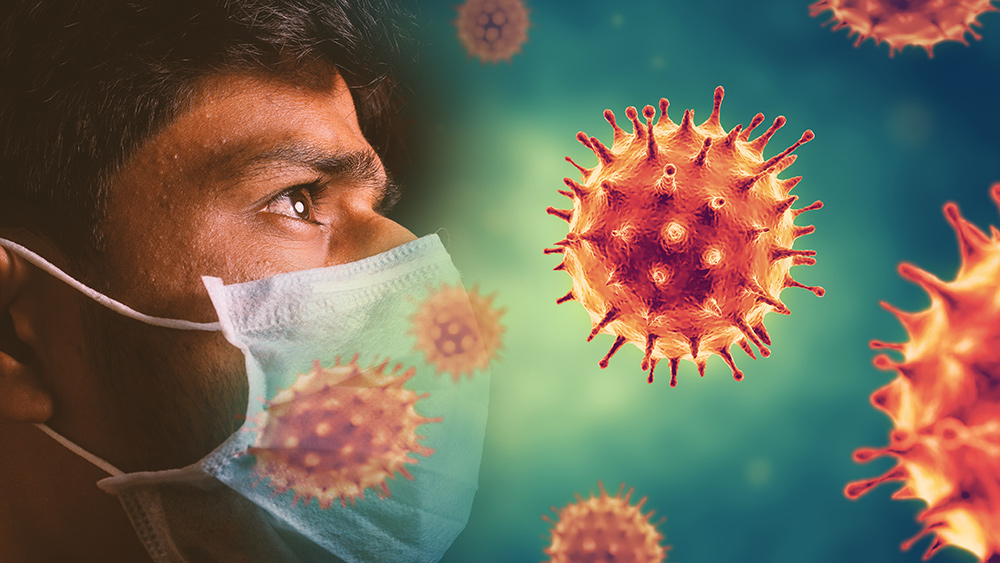Bark extract from understudied African tree shows promise as an antimicrobial and antiparasitic agent
07/02/2020 / By Evangelyn Rodriguez
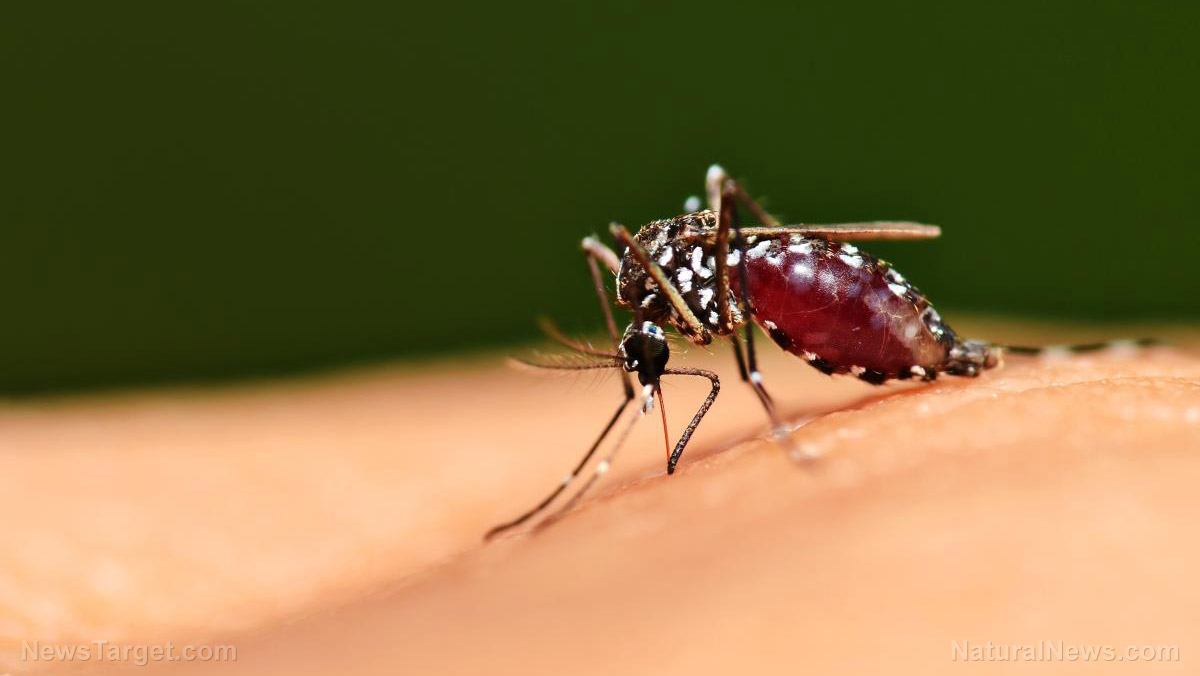
Protozoan (single-celled) parasites from the genus Plasmodium are known to cause malaria, one of the most widely known infectious diseases on the planet. Malaria is transmitted from one person to another through the bite of infective female Anopheles mosquitoes, whose guts serve as breeding grounds for Plasmodium parasites. Inside the human body, these parasites grow and multiply in liver cells and red blood cells, releasing daughter parasites that infect other red blood cells and destroy them in the process.
According to the Centers for Disease Control and Prevention (CDC), malaria is a serious and potentially fatal disease that affects about 2,000 people in the U.S. each year. Besides causing a variety of symptoms, such as fever, chills, headache, muscle pain and fatigue, malaria can also cause serious complications, which the CDC has linked to approximately 91 percent of malaria deaths in Africa. These complications include cerebral malaria, pulmonary edema, kidney or liver failure, anemia and low blood sugar.
But in a recent study, researchers from Cameroon and Germany reported a potent natural medicine for malaria in the form of Canthium subcordatum. C. subcordatum is an understudied medicinal plant traditionally used to treat various diseases, including malaria, in Cameroon. The researchers found that C. subcordatum is not only rich in biologically active plant compounds, but it also has strong antiplasmodial activity against the malarial parasite, P. falciparum.
The researchers reported their findings in an article published in The Journal of Phytopharmacology.
C. subcordatum stem bark shows potency against parasite that causes malaria
According to research, P. falciparum is the parasite responsible for nearly all of the severe malaria cases and malaria-related deaths reported worldwide. On the other hand, scientists have found that medicinal plants are excellent sources of antimalarial agents, such as compounds like quinine and artemisinin. (Related: Researchers confirm the antiplasmodial effects of bellyache bush on malaria-infected mice.)
The genus Canthium consists of medicinal plants that belong to the madder (Rubiaceae) family. It is a poorly defined genus with about 50 species, including C. subcordatum, which is found in Africa and Asia. The stem bark, leaves and roots of this understudied tree are used in folk medicine to treat diabetes, fever, inflammation, cardiovascular disease and malaria. In Cameroon, traditional healers also use C. subcordatum to treat stomach disorders.
To confirm the potency of C. subcordatum against the deadly parasite, P. falciparum, the researchers first obtained extracts from the plant’s stem bark for phytochemical analysis. They found that it contains bioactive compounds, such as B-sitosterol, ursolic acid, cerbinal, quinovic acid, cerberinic acid, 3-O-B-D-glucopyranosyl quinovic acid, 3-O-B-D-glucopyranosyl oleanolic acid and clemahexapetoside B.
Some of the above-mentioned compounds are known for their beneficial properties. For instance, B-sitosterol, a plant sterol now widely used in health supplements, helps lower blood cholesterol, improve symptoms of benign prostate hyperplasia and halt the spread of cancer. Quinovic acid has also exhibited anti-cancer activities in studies, especially against bladder cancer.
Meanwhile, the researchers reported that — to the best of their knowledge — no other study has isolated cerbinal, cerberinic acid and clemahexapetoside B from a Canthium plant before, making them the first to do so.
Upon testing C. subcordatum fractions and isolates for their antiplasmodial activity, the researchers found that the methanol fraction successfully inhibited the growth of P. falciparum with a half maximal inhibitory concentration (IC50) of 3.044 mcg/mL.
Furthermore, of the isolates, quinovic acid and cerberinic acid showed high antimicrobial activity against eight bacterial and fungal strains. The compounds had inhibition diameter zones equal to or above 12 mm and minimum inhibitory concentrations (MIC) equal to or lower than 39 mcg/mL.
Based on these findings, the researchers concluded that C. subcordatum is a source of potent antimalarial and antimicrobial agents that can be used as alternative medicines.
Sources include:
PhytopharmaJournal.com [PDF]
Tagged Under: alternative medicine, antimalarial, Antimicrobial, antiplasmodial, Canthium subcordatum, disease treatments, herbal medicine, Herbs, natural antibiotics, natural cures, natural medicine, phytonutrients, plant medicine, Plasmodium parasite, research, superbugs
RECENT NEWS & ARTICLES
COPYRIGHT © 2017 SUPER BUGS NEWS




